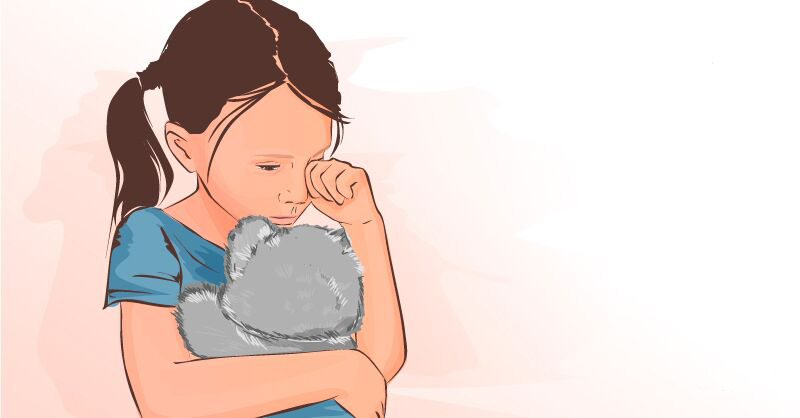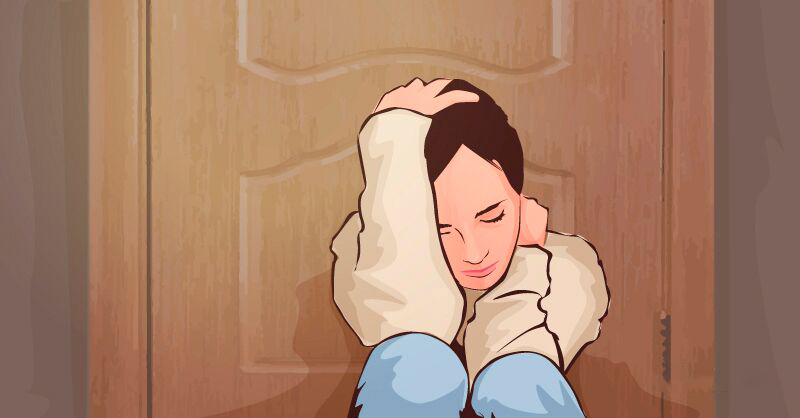A group of researchers from McLean Hospital in Belmont, Massachusetts, has revealed that mistreatment at an early age has very negative effects on the brain that often continue into adulthood.
Some of the sad consequences include anxiety, depression, post-traumatic stress, addiction, or impulsiveness.
1. Feeling abandoned
Support and affection are vital during childhood. According to the research, most victims of abandonment during childhood are insecure and emotionally dependent.

2. Feeling humiliation
It’s important not to exaggerate criticism and negative comments. This is because it’s been proven that the hurtful pain of being humiliated is similar to physical pain. Both share the same brain circuits.

3. Feeling pressure
Kids will be kids. You don’t have to put too much responsibility on their shoulders. This can generate frustration and the feeling that they aren’t good enough.
4. Feeling betrayed
To maintain their trust, it’s important not to betray children. During childhood, they don’t possess enough psychological tools to deal with the frustration.

5. Suffering injustice
If you’re only just discovering the world, it’s best if it doesn’t show you all of the injustices at such a young age. The consequence may be that the child (and later, adult) doesn’t feel worthy of others’ attention, and they develop a negative outlook on life.
6. Being invalidated emotionally
When parents deny or ignore their child’s emotions, they’re sending the message that their feelings aren’t accepted and they should be repressed. The natural consequence is that, as an adult in the future, they don’t know how to adequately deal with their emotions.

7. Feeling rejected
This applies to both adults and children. However, the situation is acutely more serious when it occurs during childhood. This is because it has a negative consequence on their self-esteem, leading to a situation where, as an adult, they constantly need the approval of others.






